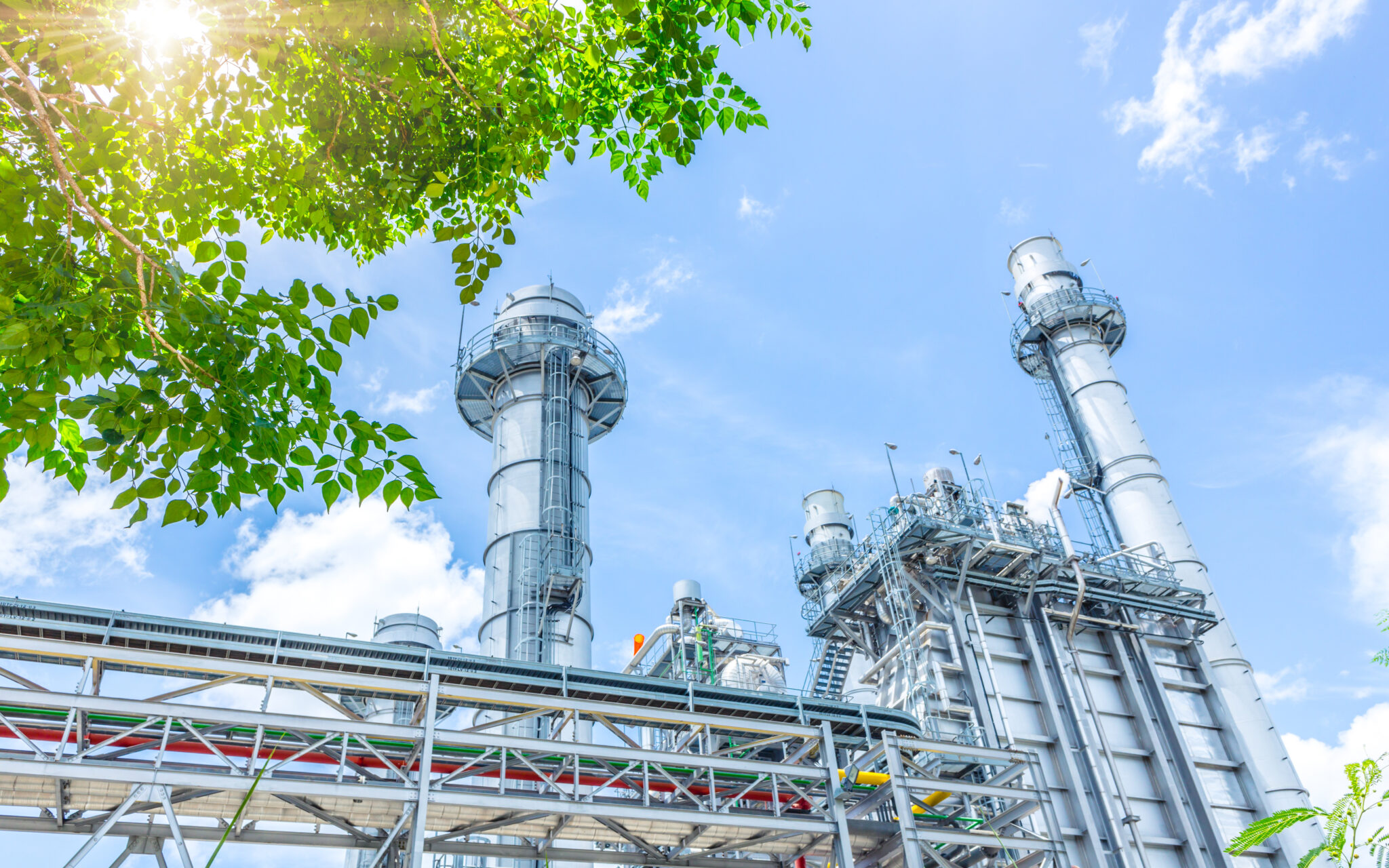Areas Of Expertise
Our skilled team combines innovative thinking with proven strategies to develop, manage, and optimize energy projects. Whether traditional or low-carbon in nature, Lone Cypress is dedicated to the production of energy products to address the evolving needs of the energy industry.
Our Focus
Advancing Low Carbon Solutions
By leveraging our midstream background and extensive experience in natural gas processing, we’ve settled our focus on a suite of low-carbon solutions to reduce emissions in our energy systems. This includes hydrogen and Renewable Natural Gas (RNG) projects in addition to the development of other low-carbon-related opportunities. These efforts are pivotal in our commitment to delivering sustainable and cleaner energy alternatives, reflecting our dedication to a greener and more responsible energy future.
Hydrogen stands at the nexus of the energy transition, poised to revolutionize the way we power our world. Unlike conventional fuels, hydrogen emits no emissions at the point of consumption. Hydrogen can also be produced from a diverse range of feedstocks, including renewable electricity, biomass, and fossil fuels paired with carbon capture.
Hydrogen and hydrogen-based fuels will play an important role in the decarbonization of sectors where emissions are hard to abate and alternative solutions are either unavailable or difficult to implement, such as heavy industry and long-distance transport.
Understanding the pivotal role hydrogen will play in the energy transition, Lone Cypress is leading the charge towards a domestic hydrogen economy. Leveraging our expertise in natural gas treating and processing, and the transportation of energy products, we’re driving the development of multiple hydrogen generation facilities nationwide.
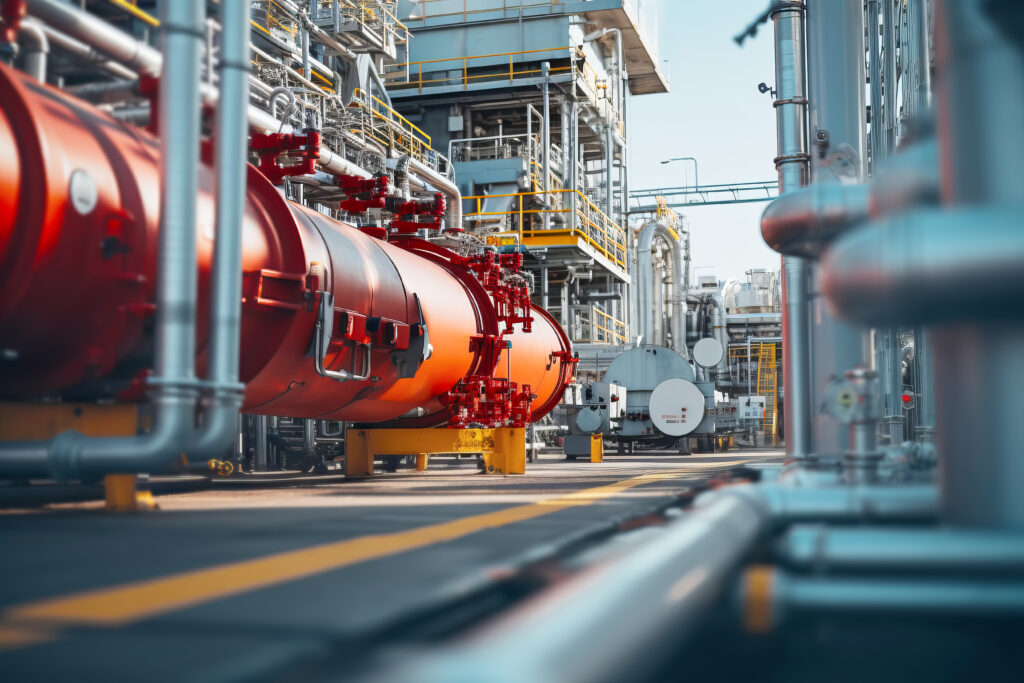
Renewable natural gas (RNG), also known as biomethane or biogas, is a sustainable alternative to conventional natural gas. It is produced from organic waste sources such as agricultural residues, food waste, wastewater, landfill gas, and livestock manure through various processes like anaerobic digestion or thermochemical conversion methods like gasification.
RNG can also act as a drop-in replacement for conventional natural gas in existing energy infrastructure (i.e., pipelines, power plants, and internal combustion vehicles) making it a versatile and readily deployable renewable energy solution.
Leveraging our experience in midstream energy infrastructure development, Lone Cypress is actively developing RNG production facilities throughout the United States.
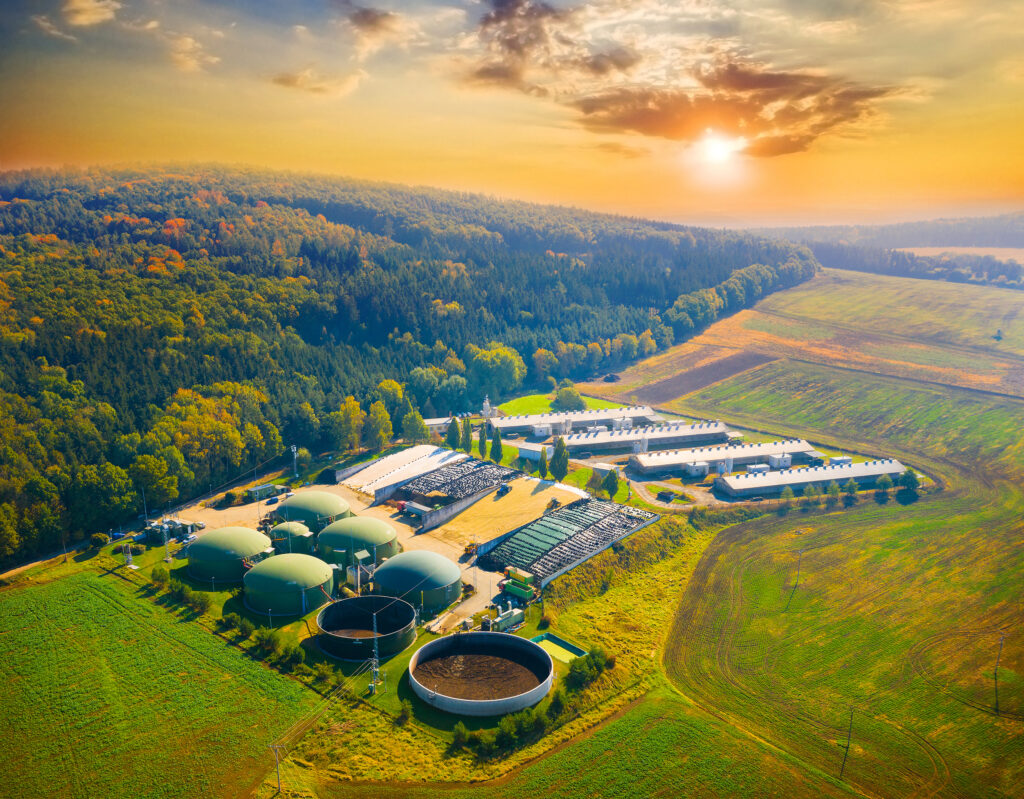
Carbon capture, utilization, and storage (CCUS) technologies are emerging solutions in the world’s transition towards a net zero energy system. CCUS technologies are designed to capture carbon dioxide (CO2) emissions produced from industrial processes or power generation and either utilize it in various applications or store it underground to prevent it from entering the atmosphere and contributing to climate change.
CCUS will play a crucial role in mitigating greenhouse gas emissions from some of society’s most emissions-intensive industrial processes. This is especially true in applications where electrification is not a viable decarbonization option (i.e., cement, steel, and chemical manufacturing). By capturing and storing or utilizing CO2, carbon capture helps industries and power plants reduce their carbon footprint and move towards more sustainable practices.
Chemical-based carbon capture technologies, like amine treating, have been integral to the midstream oil and gas industry for decades. Lone Cypress has extensive experience developing and operating such facilities, serving prominent energy entities such as bp and Plains All-American. Drawing on this expertise, Lone Cypress offers a comprehensive suite of commercial solutions tailored to diverse range carbon management projects.
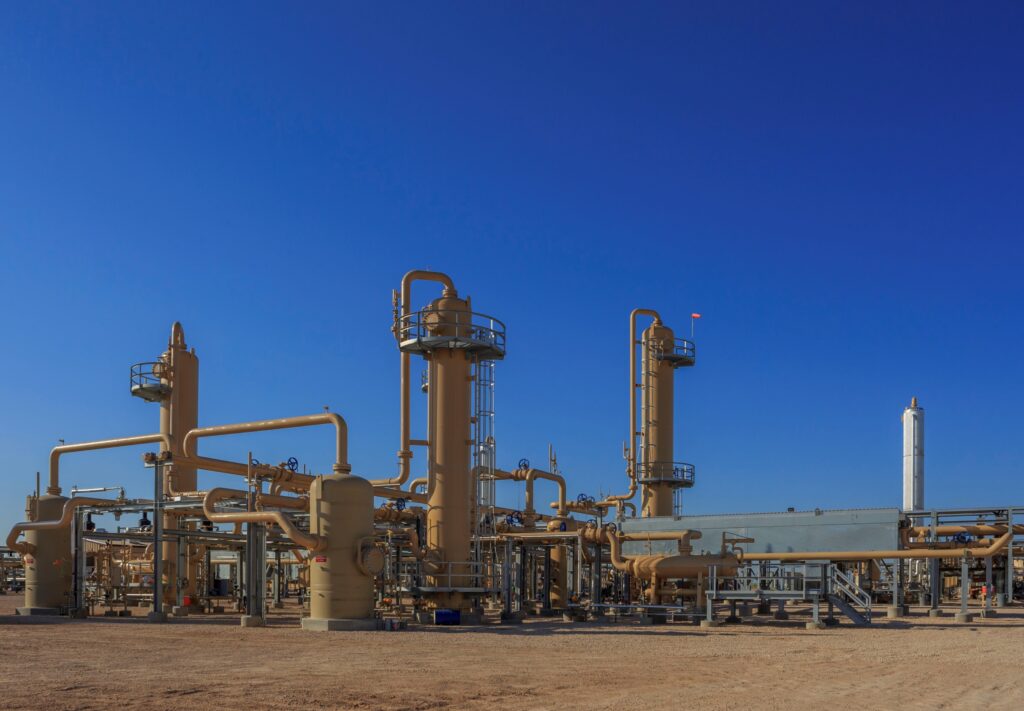
The world’s push to decarbonize is ushering in a new era of energy infrastructure development as the industry grapples with the balance between energy security, energy equity, and environmental sustainability. This trilemma has added new dimensions of complexity to the development of both traditional and renewable energy assets. As the industry transitions towards more sustainable practices, we must balance these considerations with the ever-increasing demand for reliable and cost-effective energy sources.
While traditional forms of energy like oil and natural gas will remain a critical component in our energy systems for the foreseeable future, innovative, low-carbon alternatives will become increasingly prevalent in the coming decades.
With roots in traditional energy, Lone Cypress intimately understands the challenges associated with this transition and is structured to provide inventive development solutions for traditional low-carbon energy projects and emerging greenfield renewable opportunities.
Low-carbon ammonia stands as a burgeoning commodity within the realms of sustainable energy and agriculture. In leveraging low-carbon hydrogen for the ammonia production process, the associated carbon burden of ammonia markedly diminishes. This multifaceted solution addresses the pressing need for sustainability in the ever-expanding, carbon-heavy agricultural sphere.
Low-carbon methanol is increasingly recognized in the realm of sustainable energy solutions. It can be produced by leveraging carbon capture and low-carbon hydrogen, significantly curtailing carbon emissions. Its versatility is a standout feature, with applications extending from bunker fuel to serving as a critical input in chemical manufacturing. Low-carbon methanol’s ability to replace traditional, high-carbon practices in various industries marks it as an essential energy source in the global effort to diminish carbon footprints and combat climate change.
Sustainable Aviation Fuel (SAF) is rapidly gaining prominence in the aviation industry’s push towards environmental responsibility. Produced from sustainable sources like biomass, waste oils, or even municipal waste, SAF substantially lowers carbon emissions compared to standard jet fuels. Its adaptability to current aircraft engines and fuel systems positions it as a viable and immediate solution for reducing the aviation sector’s carbon footprint. The integration of SAF is crucial to the fulfillment of the industry’s ecological pledges and the transition towards a more sustainable future in air travel.
Whether renewable or traditional, midstream infrastructure is critical to the transportation of all forms of energy. Our work and experience in the midstream industry is the origin and cornerstone of the Lone Cypress brand. Our extensive experience encompasses all segments of the midstream value chain, from amine treating plants, to cryogenic gas processing, to gathering systems and wellhead facilities.
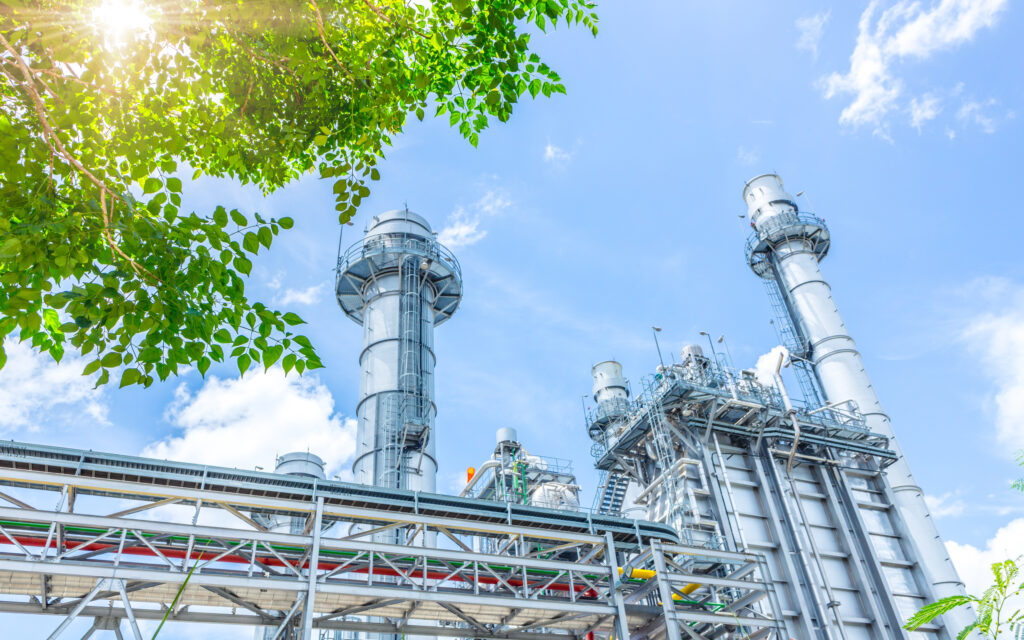
Traditional energy sources like oil and natural gas play a crucial role in powering the global economy. The energy systems of today were developed over decades and, until recently, were engineered with fossil fuels as the primary inputs. As we navigate towards a more sustainable energy future, acknowledging the pivotal role of oil and gas in meeting current energy demands is essential for developing realistic transition strategies that ensure energy reliability and affordability while mitigating environmental impacts.
Lone Cypress intimately understands the importance of traditional energy in powering the economies of today and those of the future. We favor an “all of the above” energy policy with a focus on energy diversification and a pragmatic push towards decarbonization. The energy transition will not happen overnight, and its success will rely on innovative thinking and harnessing the strengths of our existing energy infrastructure.

